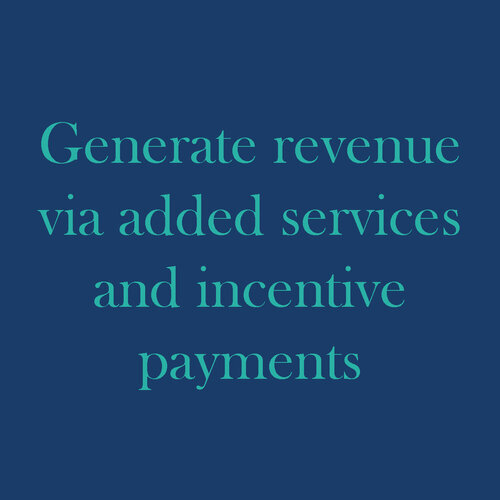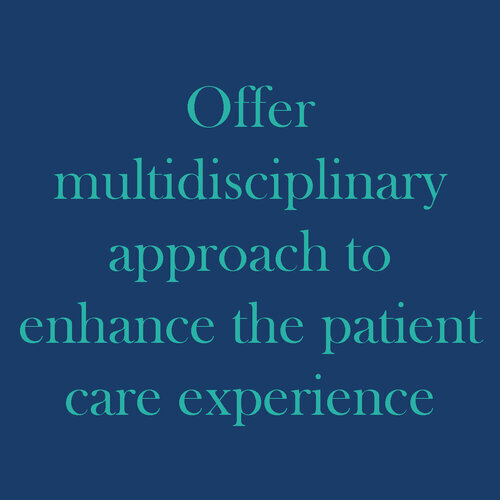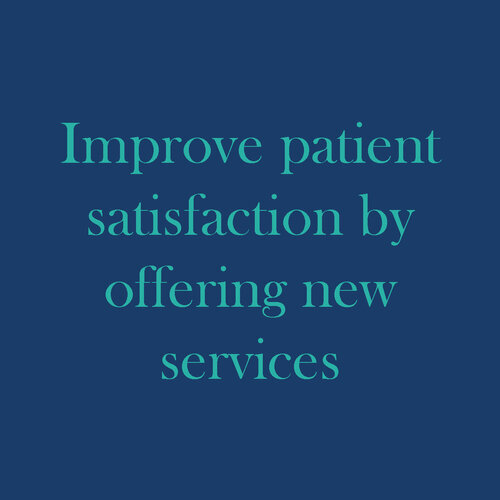
I work with healthcare providers to tailor medical treatments to individual needs, help patients stick to their medication plans, and encourage them to take an active role in their own health.
For Healthcare Providers
Do you believe in an integrative approach and team-based care model to help patients achieve their wellness goals?
If you could use an individual’s pharmacogenetic results to guide clinical decision making, would you?
How do you incorporate comprehensive medication management into your current practice?
Are you interested in learning more about incorporating pharmacist led services into your practice?
Evaluating Nutrient Depletion
Certain medications used for chronic conditions can lead to nutrient depletion by interfering with nutrient absorption, storage, metabolism, or synthesis. Considering these potential deficiencies is crucial, as they can impact patient outcomes.
Pharmacogenomic Testing
Since every patient is unique, pharmacogenomic (PGx) testing can help tailor drug treatments to the individual. PGx provides genetic insights that enhance clinical decision-making, guiding medication choices, dosing, and identifying potential risks of adverse reactions. This personalized approach helps determine the best medication combinations and dosages based on a patient’s genetic profile.
Nutrigenomic Testing
Diet and nutritional needs are unique to each individual—there's no one-size-fits-all approach. Nutrigenomics (NGx) studies how our genes interact with food. Integrating 3X4 Genetics into practice can help practitioners understand these interactions and offer tailored diet and lifestyle education to support and motivate patients, leading to lasting changes.
Adherence Assessment
Inadequate medication use can result in the need for more intensive treatments, frequent doctor visits, higher costs, and wasted medications. With the growing range of treatment options, managing adherence can be complex. A pharmacist consultant can identify barriers to adherence and help set realistic goals to improve how patients take their medications.
Medication Reconciliation
Medication reconciliation involves creating the most accurate list of a patient’s medications, including details on what is being taken, how, and when. This process is crucial for patient care. A pharmacist consultant can help clarify medication use and ensure that issues like therapeutic duplications, omissions, and drug interactions are identified and documented.
Medication Management
Medication care planning involves collaborating with patients to set and achieve medication-related goals. A pharmacist consultant works with both patients and their healthcare providers to optimize medication lists, address drug interactions, consider deprescribing options, and provide ongoing support to ensure sustainable adherence.






